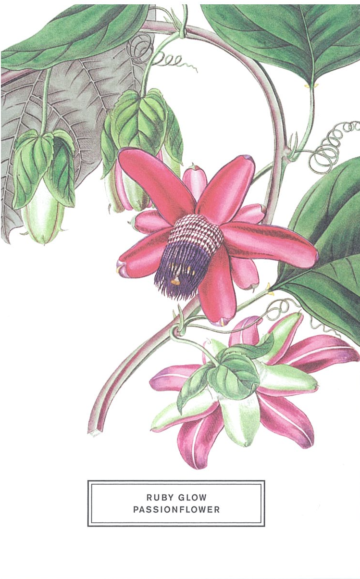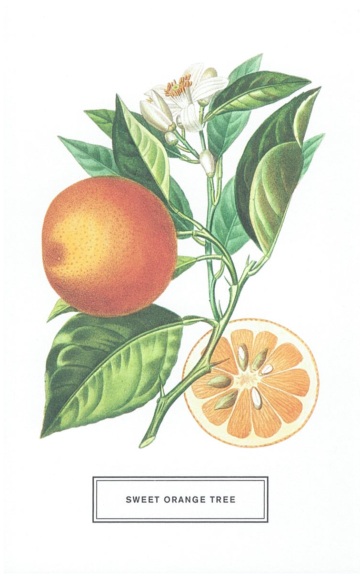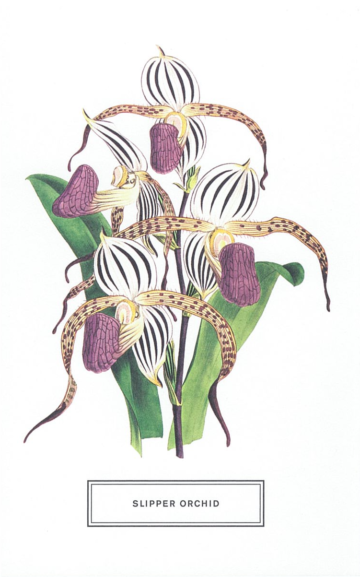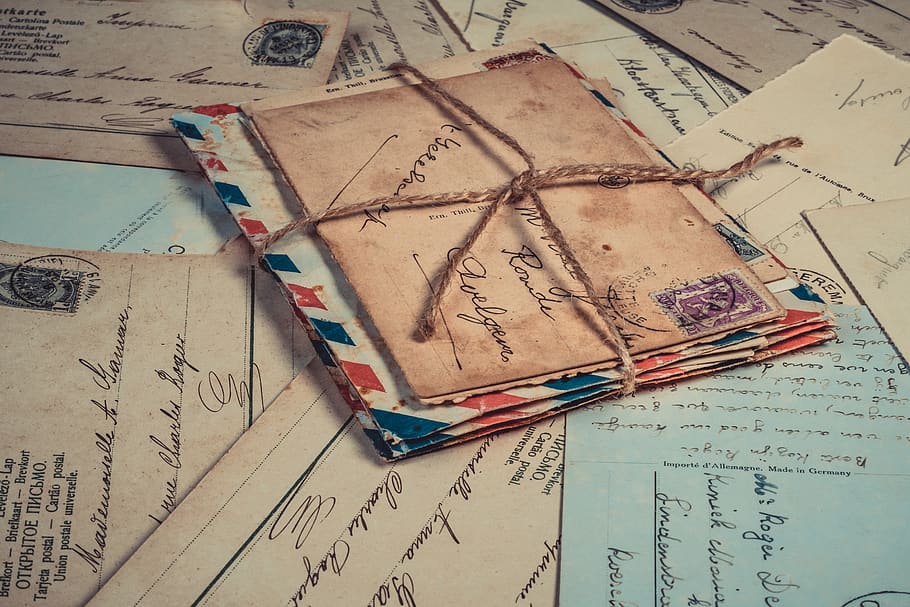Keri Colabroy is a Professor of Chemistry and Co-Director of the Biochemistry Program. She was an early pioneer of online learning at Muhlenberg and is well known for her work in Kitchen Chemistry. To hear more from Keri on humanizing “chemistry for all” check out her Golf Cart Pedagogy episode from Fall 2019.
This is our second postcard featuring Keri’s work. As a Digital Fellow, Keri has taught online summer courses for Muhlenberg helping to shape what online education looks like in the liberal arts. Her second postcard is a reflection on how the pandemic has shaped the online experience. You can read the first on teaching chemistry online here.
I’ve taught online before, in the summertime, in a non pandemic world. And while collaborative engagement around assignments is certainly an element of my summertime online course, I certainly do not use synchronous time in the same way. In a non-pandemic world, summertime students are maxed out with many obligations, for example many work jobs, and many are taking more than one class. But in this pandemic semester of online teaching and learning, I’ve observed my students craving togetherness. One of them remarked, ” it’s like all the fun has gone out of taking classes, and all we have is homework.” I wanted to use my synchronous time to put back the fun.
If I ever find myself in the situation again, before launching my course, I would take the time to reflect on how important it is to pursue goals and outcomes rather than content and assignments. I still want my classes to enjoy their learning, and not just endure it.
I still want my classes to enjoy their learning, and not just endure it.
– Keri colabroy
Postcards from Camp will be taking a break until the Spring semester. If you would like to contribute to the next series of postcards, please reach out to Jordan Noyes or another member of the Instructional Design team. A big thanks to everyone who has contributed so far!






